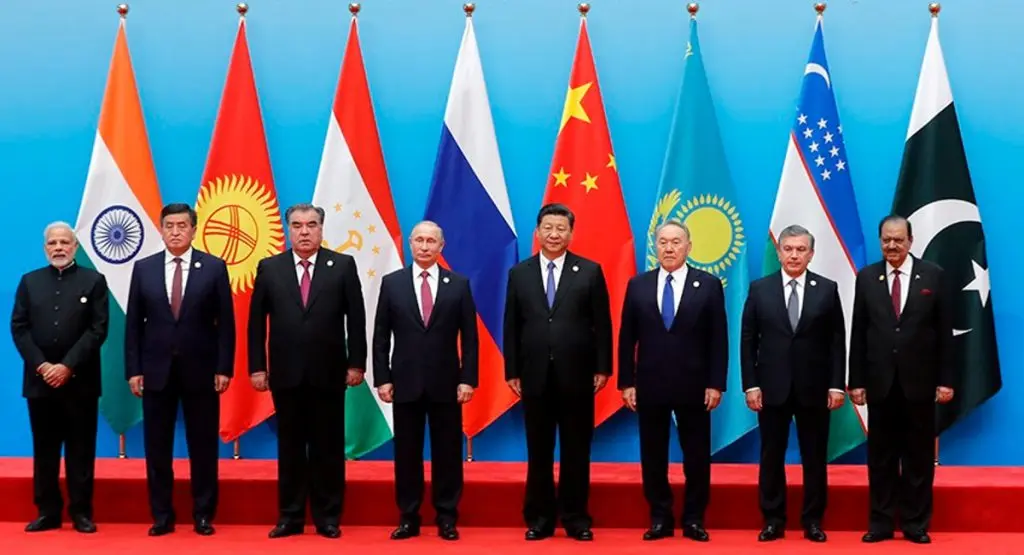
Pakistan has announced plans to join BRICS in 2024. It seeks help from Russia to speed up its inclusion in the alliance.
Pakistan has recently made a big change in its strategy by officially submitting its application to join the BRICS alliance. They hope to become members of this influential bloc by 2024. This puts Pakistan in a group of six countries, including Egypt, Iran, UAE, Argentina, Ethiopia, & Saudi Arabia, to join BRICS. However, while shifting geopolitical dynamics, Pakistan’s bid is particularly notable because it relies on Russian support. This support speeds up its inclusion in the alliance.
Pakistan’s Diplomatic Strategies and Obstacles
Pakistan has been focusing its diplomatic efforts on Russia, aiming for its support to join the alliance quickly. This process is spearheaded by Muhammad Khalid Jammali, Pakistan’s newly appointed Ambassador to Russia. He confirms the country’s ambition to join BRICS during President Putin’s tenure.
Also See: Pacific Asia Travel Association (PATA) Forecasts Surge in Tourism
Pakistan’s eagerness to join this group reflects its desire to broaden its international alliances and strengthen its global economic and diplomatic ties. However, it faces a lot of hurdles during this path to join BRICS membership, particularly due to India’s influential position within the group. But Russia’s Deputy Foreign Minister Sergey Ryabkov has shown interest in expanding the “circle of BRICS members,” and China, another influential BRICS member, aims to bring in like-minded partners.”
This diplomatic jigsaw underscores the complex interplay of power and interests within the BRICS, where each member’s strategic alliances and goals play an important role.
Global Consequences and Regional Interactions
Joining Pakistan in the BRICS in 2024 become more intricate due to recent developments in Argentina. The victory of right-wing populist Javier Milei in the recent election in Argentina injects an element of uncertainty into the narrative of BRICS expansion.
Milie rejects BRICS, favors ties with the U.S. dollar, and shows a potential shift in global economic partnerships. His rejection of BRICS and criticism of Iran’s membership reflect challenges for new members. This highlights the evolving nature of international alliances amid economic, historical, and political dynamics. Pakistan’s move to join the BRICS indicates a strategic shift but faces challenges due to regional conflicts and global politics. The plans of Argentina and Pakistan to join BRICS will impact the global economic order and attract international scrutiny.
